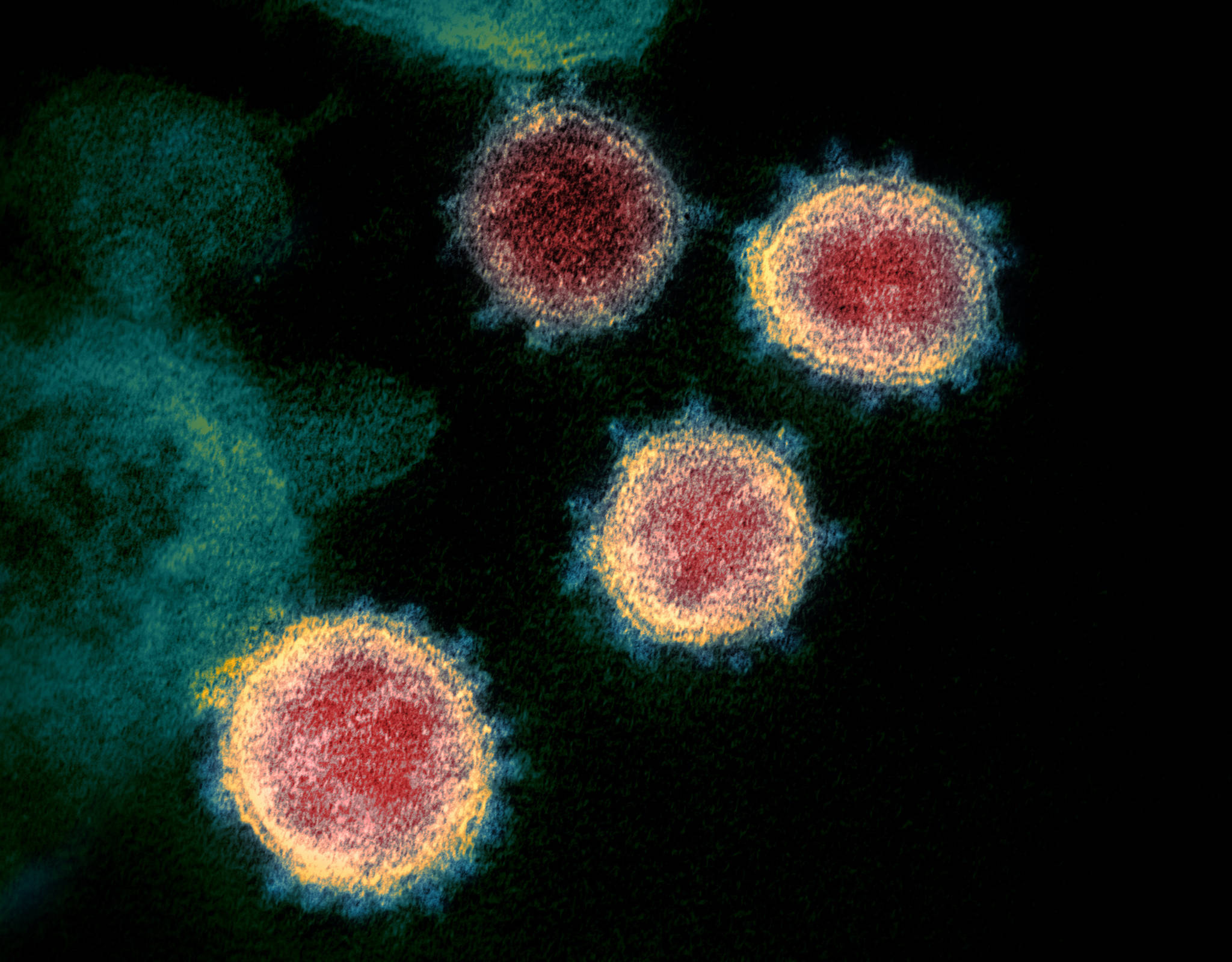This article has been updated to reflect Tom Brady is a seven-time NFL champion.
Vaccination remains the single most effective tool in combating the spread of COVID-19 and improving outcomes for people who do contract the illness, according to health care officials. But there is another treatment available to help treat people and potentially reduce COVID-19-related hospitalizations—monoclonal antibodies.
“(For) prevention of hospitalizations, there’s another tool we can use, and that’s monoclonal antibodies,” said Heidi Hedberg, director of the state’s Division of Public Health. “We’ve seen a significant uptick in monoclonal antibodies because we have more clinics and providers that are offering monoclonal antibodies.”
The antibodies have received emergency-use authorization from the U.S. Food and Drug Administration for treating mild-to-moderate COVID-19. They’ve also recently generated national headlines as demand for the treatment has quickly grown. However, it isn’t their first time in the spotlight. An antibody cocktail made by Regeneron Pharmaceuticals was used to treat former President Donald Trump, who is also vaccinated against COVID-19.
Here are some answers to common questions about the recently high-profile treatment:
Is the treatment a replacement for being vaccinated?
Unequivocally no, said Chris Sperry, pharmacist for Bartlett Regional Hospital.
Sperry, who said Bartlett Regional Hospital offers polyclonal antibody treatments to certain patients, used a sports metaphor to describe the utility of antibody treatments compared to vaccination.
He said if someone needed to build a Super Bowl-winning football team and was tasked with choosing a quarterback, he would compare the safe, freely available vaccines to Tom Brady—the NFL quarterback with the most Super Bowl titles to his name. He said relying solely on antibody treatments and foregoing vaccination would be like putting the ball in the hands of his 8-year-old son. A victory still might be possible, but it’d be far less likely than going with the seven-time champion.
“It’s a tool in a tool belt, but the best tool we have in the tool belt is the vaccine,” Sperry said.
Both Zink and Hedberg, as well as Gov. Mike Dunleavy, have also said talking to a health care provider about vaccination and choosing to be vaccinated are the best option for fighting COVID-19.
How is the treatment administered?
“What we do is we take the two monoclonal antibodies, they come in one vial together, we take that out we draw that out in a sterile environment, then we inject it into a bag of normal saline,” Sperry said.
Then, the patient comes to the hospital, which has received orders from the patient’s doctor, Sperry said. The patient is taken into an isolation area, and a nurse inserts an IV into the patient’s arm.
“If you’re needle-phobic is much more painful than getting a vaccine,” he said.
Over about 20 minutes, the medicine is infused into the patient, who is then monitored for an hour to make sure they do not suffer an adverse reaction such as anaphylaxis.
“After that, you’re free to go,” Sperry said.
What are monoclonal antibodies?
Monoclonal antibodies are lab-made proteins that mimic the immune system’s ability to fight off harmful antigens, like viruses, according to the FDA. Antibodies are made naturally when people are infected with or vaccinated against a virus, according to the National Institutes of Health.
“For the most part what it does, is the antibodies bind to the virus and help your immune system to attack the virus,” Sperry said.
Natural antibodies created in response to vaccination or infection tend to last longer than lab-made antibodies, according to NIH.
Who are they for?
Sperry said antibody treatments are generally used for at-risk folks who have not been vaccinated and test positive for COVID-19, as well as people who cannot be vaccinated and may be exposed to the virus and immunocompromised people who may be at risk of suffering severe illness because of COVID-19 despite being vaccinated.
In the latter two instances, the antibodies work as a prophylaxis treatment, Sperry said. Like the relatively well-known HIV-prevention medicine PrEP, it increases the odds of better outcomes for people at-risk.
When are they used?
Sperry and Hedberg each said that someone should reach out to their health care provider quickly after testing positive for COVID-19 if they want to receive antibody treatment.
“It does not work well when you’re 10 days out,” Sperry said. “If it’s after 10 days, a lot of times it’s too late.”
Antibody treatments are not used to treat hospitalized patients. The treatment is not authorized for use in treating patients hospitalized for COVID-19, those who need oxygen therapy or those who need an increase in their baseline oxygen flow, according to a June 22 memo signed by Zink. Sperry said the treatment is actually linked to worse outcomes when used to treat hospitalized people.
“If you’re at high-risk and have a positive test, you need to get a hold of your health care provider ASAP, if you want this treatment,” Sperry said.
Where are antibody treatments available?
In Juneau, Bartlett Regional Hospital offers polyclonal antibody treatments.
The statewide COVID-19 helpline, (907)-646-3322 is also a resource available to help people find opportunities to be vaccinated or monoclonal antibodies, Zink and Hedberg said.
Is this a new technology?
While the emergency authorization of the antibody treatment for COVID-19 is relatively recent, the treatment itself isn’t especially new, Sperry said.
“We’ve been using for decades,” he said.
Sperry said it’s a treatment that’s generally safe and well-tolerated. Since treatment takes place at a hospital, if a patient does have an adverse reaction, they can quickly be treated with relatively common medicines such as Benadryl and epinephrine.
However, because COVID-19 is relatively novel, it means the treatment is new in this particular application.
“It’s very early on in our use of this medication, and it is looking like it has a place in therapy, but it is under emergency use authorization,” Sperry said. He noted that compares to full authorization recently given to Pfizer’s COVID-19 vaccine.
• Contact Ben Hohenstatt at (907)308-4895 or bhohenstatt@juneauempire.com.Follow him on Twitter at @BenHohenstatt.

